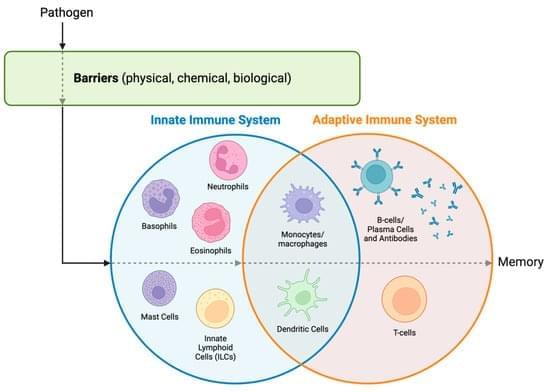Cloudflare has mitigated a distributed denial-of-service (DDoS) attack that peaked at a record-breaking 22.2 terabits per second (Tbps) and 10.6 billion packets per second (Bpps).
DDoS attacks typically exhaust either system or network resources, aiming to make services slow or unavailable to legitimate users.
Record-breaking DDoS attacks are becoming more frequent, as just three weeks ago, Cloudflare disclosed that it mitigated a massive 11.5 Tbps and 5.1 Bpps attack, the largest publicly announced at the time.








